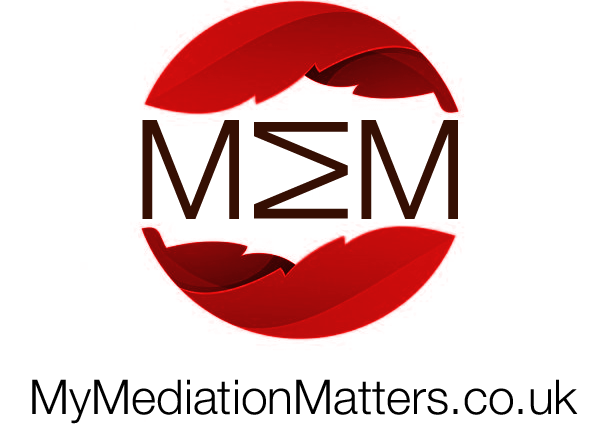The Mediation Process
Our aim is to use our expertise and gentle approach to guide you through finding a resolution to your property disputes with empathy, simplicity and care.
Our mediators will take time to listen to your situation and the dispute that has arisen in order to ensure a full understanding of the matters that have arisen and are important to your case.
We will then aim to provide you with an environment in which you can take control of the resolution, guided by us, in order to deliver you through the dispute to resolution. We are regulated by the RICS and abide by their code of conduct and guidance.
Mediation is an informal and flexible dispute resolution process. The mediator's role is to guide the parties toward their own resolution. Through joint sessions and separate caucuses with parties, the mediator helps both sides define the issues clearly, understand each other's position in hope that the parties are able to engage and move towards resolution. There are five stages to the process of Mediation, but it is not a rigid system and there is often fluidity to move back and forth between the different stages throughout the process, whilst there is a limit to the time of a mediation (usually 7-8 hours) if a settlement is close, additional time may be agreed, however if it is evident an impasse has been reached after the set period it is unlikely additional tome will be given. The flexibility of the process is one of the reasons why Mediation is so successful and that even where a resolution is not reached, why the expertise if unlikely to leave either party scathed. The empowerment of the parties is unique to ADR and should not be overlooked as being one of the most positive experiences many parties can have when faced with a dispute.
Our Mediations always start with a joint session, unless otherwise specifically agreed, this session is used for all parties to make opening statements and for the mediator to lay out her role and the process that will follow. Ground rules are set and an agenda determined.
As a general rule during the process the parties move to separate caucuses. The mediator will listen to each position and engage with each party as directed. Any messages, offers, counter offers, questions, demands, and proposals may be agreed to be out on the table and it is the Mediators role to try and engage with the parties to allow them to see possible resolutions and find a balance, in the hope to reach resolution.
With our subject-matter expertise our mediator can often give each side an expert, yet unbiased, view of the strengths and weaknesses of the case overall. They may also discuss with the parties what might happen if the dispute does not settle. With guidance and practical overviews we are confident the right resolution of each party can be achieved.
A mediator has no authority to suggest settlement or to enforce the parties to settle. Mediation is non-binding, until parties agree on a resolution. If the matter does not settle, the claimant has preserved the right to pursue legal proceedings.
In simplistic terms the following flow chart shows you the process we aim to follow


